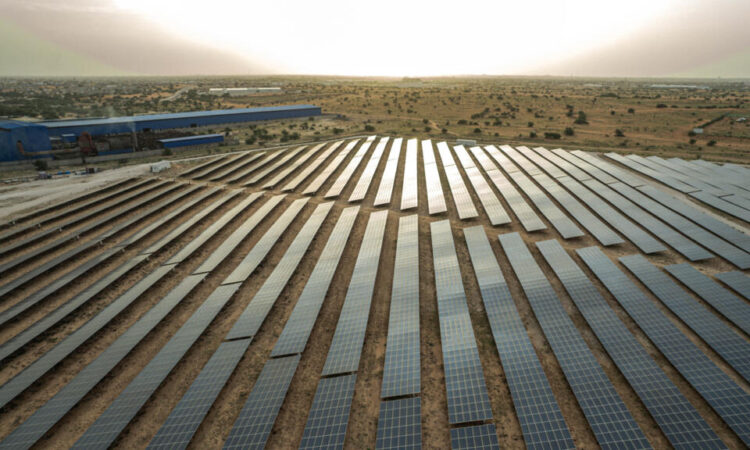
The European Union is investing heavily in Africa – pouring half of its global mega budget of €300 billion into projects on the continent. Renewable energy, internet access, transport, vaccines and education are several sectors benefiting from private and public EU funds – an effort that’s being supported by the European Investment Bank (EIB). RFI spoke to vice president Ambroise Fayolle about the bank’s strategy for Africa.
RFI: Why is the EIB interested in investing in Africa?
AF: Africa remains a priority in terms of what we can achieve outside of Europe. Last year the EIB invested more money in Africa than anywhere else – about 4 billion euros. This accounts for about 40 percent of our investments outside Europe.
Priority sectors include urban mobility, transportation, water, energy – particularly clean and renewable energy – and issues related to economic development.
RFI: How does the EIB finance its operations?
AF: EU member states, including France, are EIB shareholders. We raise funds on the market through borrowing from investors and then finance projects with other partners. There is no taxpayer money involved, but we benefit from the support of Europe, which allows us to borrow under excellent conditions.
RFI: Is the money you raise redirected according to European priorities?
RFI: Why does Europe finance projects in Africa?
There are many reasons for us to be active in Africa, particularly in projects aimed at combating climate hazards.
RFI: What are some flagship projects supported by the EIB?
Read also:
France to build balanced partnerships with Africa, says FM on Kenya visit
Food shortages and malnutrition reach record levels in west and central Africa
UN panel seeks to stem mining abuses in global rush for critical minerals






